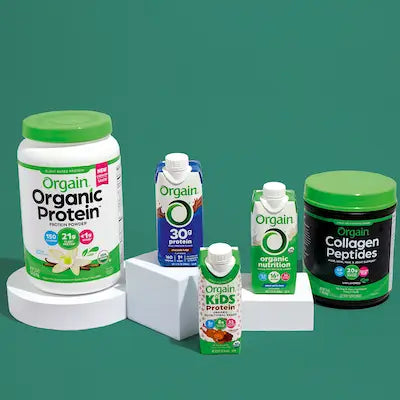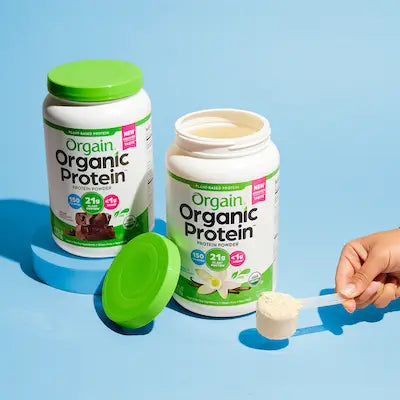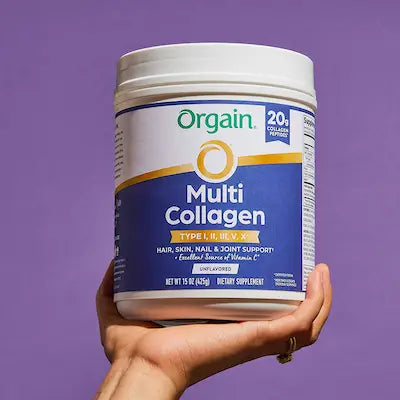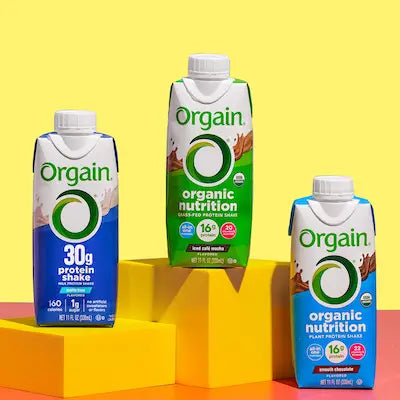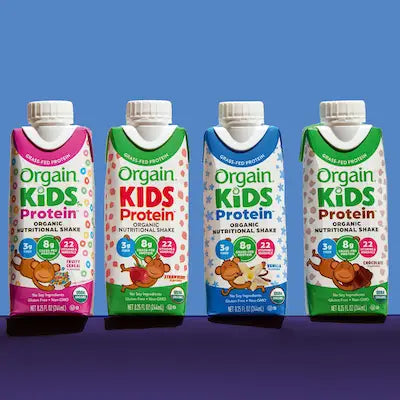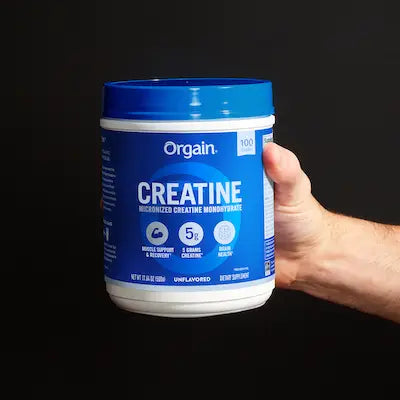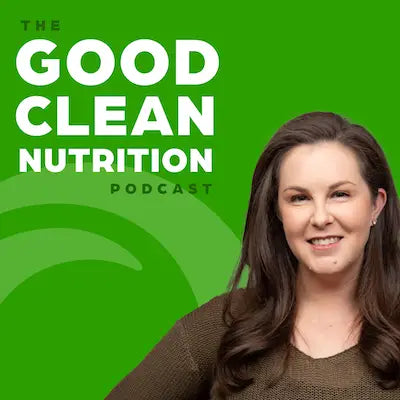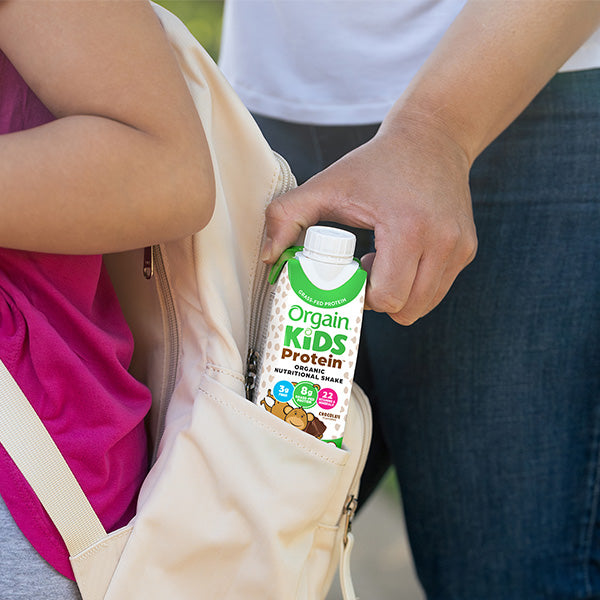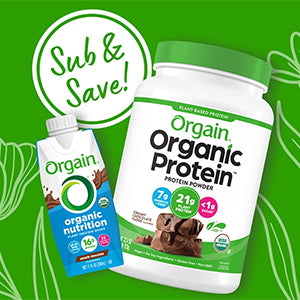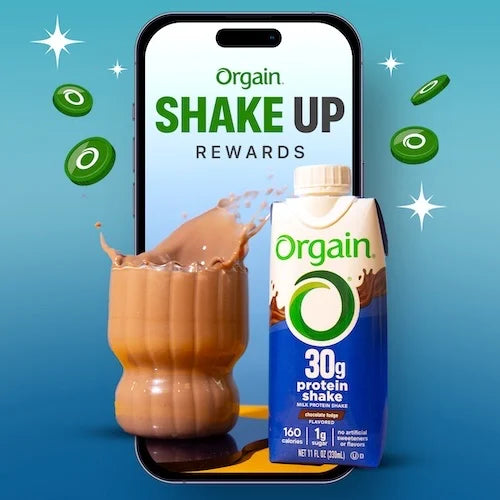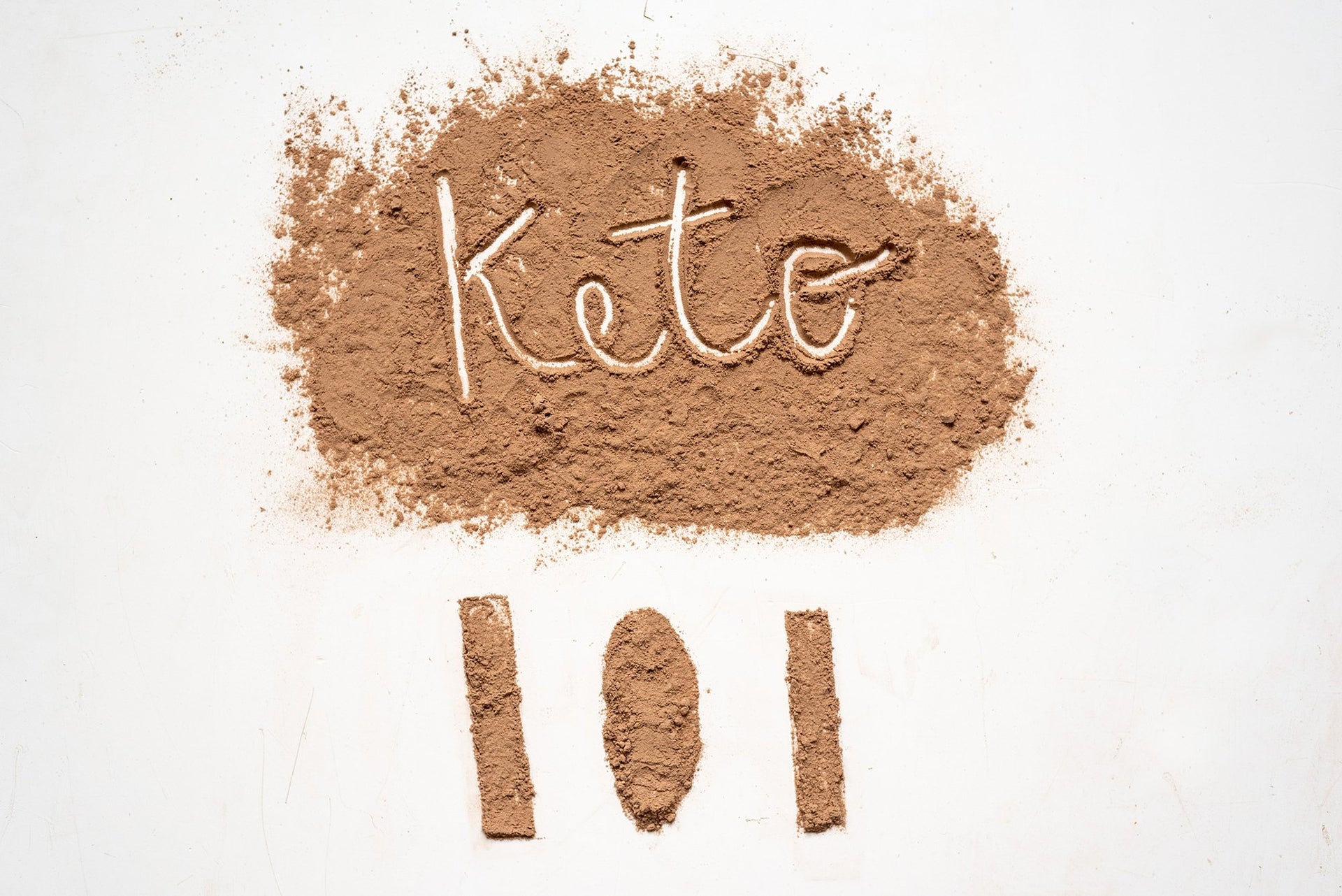So, you’ve heard of the keto diet and you’re wondering two things: a) what the heck is it? And b) should I try it? While many food and diet trends come and go, keto actually goes way back. It was originally developed in the 1920s to treat people with epilepsy, and, for the record, it worked. Now, keto is touted as a way to lose weight rapidly by eating a lot of healthy fats, a moderate amount of protein, restricting carbohydrates, and eliminating sugar. This forces the body into ketosis, or burning fat instead of sugar and carbs. When counting carbs, it’s important to remember many vegetables like leafy greens could seem high in carbohydrates but are actually just full of healthy fiber. Research and the keto diet agree that eating lots of low sugar vegetables and some fruits are essential to overall health, so no skipping veggies to save carbs! With that said, let’s dive into the basics of eating keto.
The skinny on fats and protein. The keto diet is high in healthy fats, moderate in protein, very low in carbs, and free of sugars. It might sound intimidating, but you can simplify things by cutting out processed junk foods and eating gut healing, low sugar fruits, veggies, bone broth, and high-quality fats and proteins to start. Because the body will be burning fat instead of sugar and carbohydrates, it is incredibly important that fats and proteins be grass fed, pasture raised, and organic. Consuming large quantities of poor-quality fats and proteins means the body will store toxins and fat, increasing risk of cancers and disease while sabotaging weight loss goals. Thus, getting picky with your protein and your fats on a keto diet means switching to grass-fed, and pasture-raised animal products, and organic, sugar free protein powder like Orgain Plant Based Powder or Grass Fed Whey Protein Powder, with 1 gram of sugar per serving. Orgain protein powders are keto friendly while providing you with a protein rich, creamy alternative to the desserts you may miss on a keto diet. Try these keto breakfast brownies, vegan keto chocolate pudding, or learn how Orgain collagen and keto work together.
Keto junk foods are just that: junk. Keto versions of comfort foods and junky snacks are rampant on the internet and they’re often loaded with non-nourishing ingredients, with some linked to gut damage. Don’t fall prey to junky keto recipe dupes and instead focus on eating nutritious whole foods. Also, keep in mind that cheat days and keto don’t necessarily go hand in hand. Indulging in ultra-sugary, carbo-loaded sweets or junk food can knock you out of ketosis pretty quickly so staying the course is key! If you went through the keto flu while your body adjusted to your new eating plan, cheat days could really wreak havoc on your body (and those closest to you).
Balance wins with keto. Knowing yourself and what you prefer to eat is a helpful marker to determine if a keto diet could be a good fit for your body and your life. If you prefer fats, protein, and veggies to sweets, carbohydrates like bread and pasta, and fruits high in sugar, then keto might be a natural fit for you. Weighing the pros and cons of a ketogenic diet can help you find out what sort of keto plan would best fit your lifestyle. If you don’t eat meat, try a vegetarian keto plan. A cyclical keto plan might feel less restrictive by eating keto five days a week and then cycling in some healthy carbohydrates like roasted sweet potatoes into your keto diet for two days a week. Some folks choose to adopt a keto diet longer term while others set a limit, say a month or two to kick a sugar habit or to jumpstart their metabolism. Find what works for you and honor your body!
